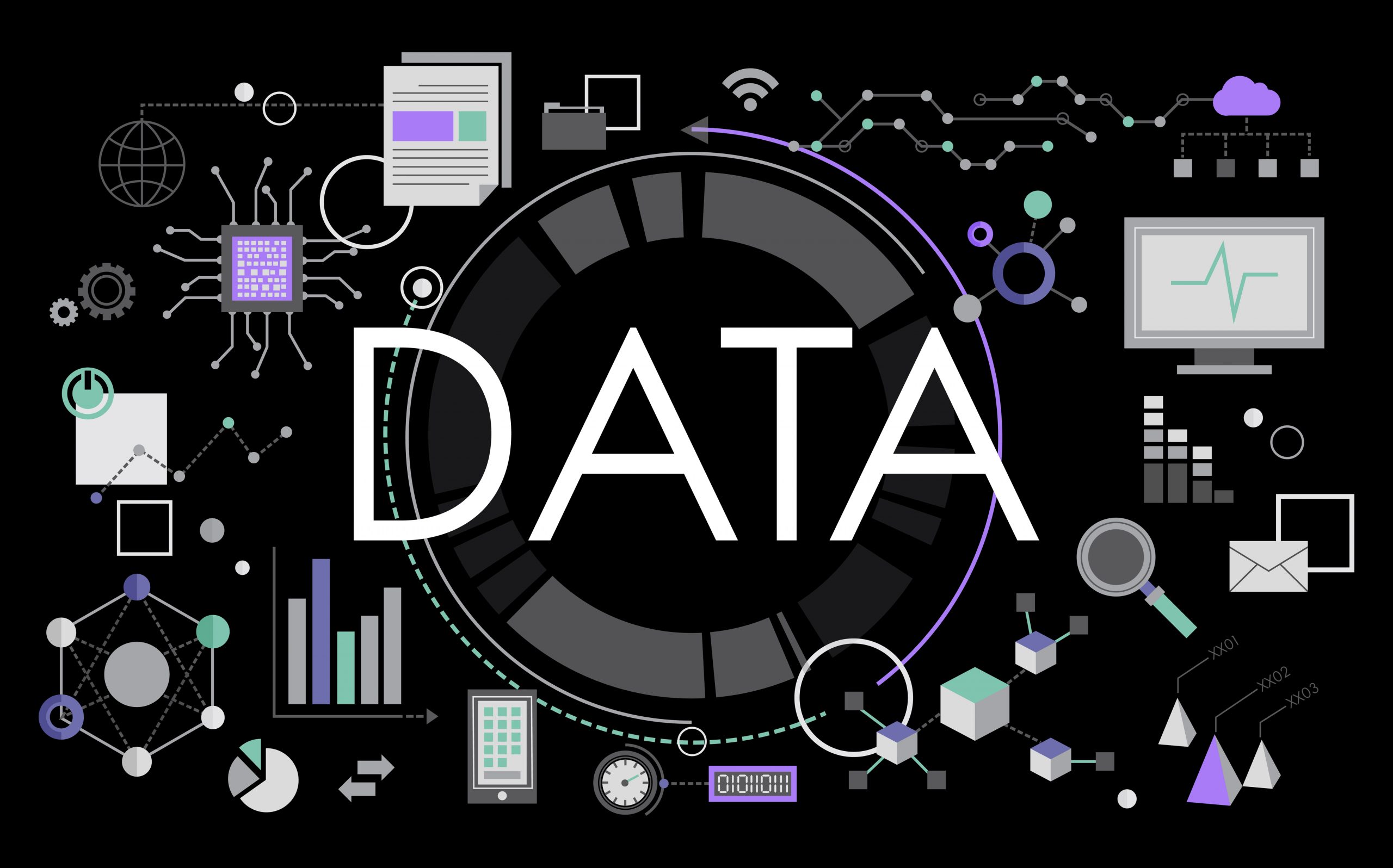Data science has become an integral part of our modern world, revolutionizing industries and driving impactful decision-making processes. With the exponential growth of data and the increasing demand for data-driven insights, the role of data scientists has never been more crucial. If you’re a beginner aspiring to embark on a journey into the world of data science, this blog post aims to provide you with a comprehensive study plan to kickstart your learning process. By following these steps, you’ll be equipped with the necessary knowledge and skills to thrive in the exciting field of data science.
I. Understanding the Fundamentals of Data Science
Before diving into the intricate world of data science, it’s essential to establish a strong foundation in the fundamentals. Start by defining data science and understanding its core principles. Data science encompasses the extraction of meaningful insights from data through the use of various techniques, algorithms, and tools.
Additionally, mathematics and statistics play a vital role in data science. Brush up on your mathematical skills, including linear algebra and calculus, which are essential for understanding advanced algorithms. Statistics is the backbone of data science, enabling you to make informed decisions and draw accurate conclusions from data. Familiarize yourself with probability and statistics concepts, such as probability distributions, hypothesis testing, and regression analysis.
Moreover, programming languages are the tools of the trade for data scientists. Python and R are widely used in the field due to their extensive libraries and frameworks tailored specifically for data science tasks. Learn these languages and gain proficiency in data manipulation, visualization, and analysis using libraries like NumPy, Pandas, and Matplotlib.
II. Building a Strong Foundation in Mathematics and Statistics
To truly excel as a data scientist, a solid understanding of mathematics and statistics is imperative. Linear algebra serves as the foundation for various data science techniques, including machine learning algorithms. Concepts such as vectors, matrices, and eigenvalues are essential for understanding algorithms like principal component analysis (PCA) and singular value decomposition (SVD).
Calculus, particularly differential calculus, is crucial for optimization algorithms used in machine learning and deep learning. Understanding derivatives and gradients helps in optimizing model parameters for better performance.
To bolster your knowledge in mathematics and statistics, consider online courses, tutorials, and textbooks tailored for beginners. Platforms like Coursera, edX, and Khan Academy offer a wealth of resources to help you grasp these concepts effectively.
III. Mastering Data Manipulation and Preprocessing
Working with data requires the ability to clean, manipulate, and preprocess it effectively. Begin by familiarizing yourself with techniques for gathering and acquiring data from various sources, such as databases, APIs, and web scraping.
Data cleaning is a critical step in the data science pipeline. Learn how to handle missing values, outliers, and inconsistencies in the data. Explore exploratory data analysis (EDA) techniques to gain insights into the data’s structure, patterns, and relationships. Visualize data using plots and charts to communicate findings effectively.
Feature engineering plays a vital role in improving model performance. Learn techniques to create new features from existing ones, selecting relevant features, and reducing the dimensionality of data through methods like principal component analysis (PCA) or feature selection.
IV. Embracing Machine Learning Techniques
Machine learning forms the backbone of data science, enabling the extraction of valuable insights from data. Begin by understanding the distinction between supervised and unsupervised learning. Supervised learning involves predicting outcomes based on labeled data, while unsupervised learning involves finding patterns and relationships in unlabeled data.
Explore popular machine learning algorithms such as linear regression, logistic regression, decision trees, random forests, and clustering algorithms like K-means and hierarchical clustering. Understand the underlying principles, assumptions, and limitations of these algorithms.
Evaluate and validate models using techniques like cross-validation and performance metrics such as accuracy, precision, recall, and F1-score. Dive into hyperparameter tuning and regularization to fine-tune models for optimal performance.
V. Advanced Data Science Techniques
As you gain proficiency in machine learning, it’s essential to explore advanced techniques that cater to specific data science domains. Deep learning, a subset of machine learning, focuses on training neural networks to learn complex patterns and make accurate predictions. Dive into deep learning frameworks such as TensorFlow and PyTorch to build and train neural networks.
Natural Language Processing (NLP) is another essential skill for data scientists. It involves processing and analyzing human language to gain insights from text data. Understand techniques like text classification, sentiment analysis, and named entity recognition.
Time series analysis equips you to work with data that changes over time, enabling you to make predictions and forecasts. Learn techniques such as autoregressive integrated moving average (ARIMA) and state space models for time series analysis.
Reinforcement learning and recommendation systems are additional areas to explore, as they are prevalent in applications ranging from robotics to personalized recommendations in e-commerce.
VI. Understanding Big Data and Cloud Computing
In today’s era of massive data volumes, understanding big data concepts and cloud computing is crucial for data scientists. Familiarize yourself with big data challenges and the tools used to tackle them, such as Hadoop and Apache Spark. Learn about distributed computing frameworks and how they enable processing large-scale data efficiently.
Cloud computing platforms like Amazon Web Services (AWS) and Microsoft Azure provide scalable and cost-effective solutions for storing, processing, and analyzing data. Explore services like Amazon S3, AWS EMR, and Azure HDInsight to leverage cloud computing for your data science projects.
VII. Applying Data Science in Real-World Scenarios
To truly master data science, it’s essential to apply your knowledge in practical scenarios. Study real-world case studies in various industries, such as finance, healthcare, and e-commerce. Understand how data science is transforming these industries, and learn from successful applications.
Build end-to-end data science projects that encompass all stages of the data science pipeline, from data acquisition and preprocessing to model development and deployment. Showcase your ability to handle real-world datasets and deliver valuable insights.
Communicating your findings effectively is a crucial skill for data scientists. Develop storytelling abilities to present your insights in a compelling manner, utilizing data visualization techniques to engage your audience.
Finally, remember the ethical considerations surrounding data science. Understand the importance of data privacy and the responsible use of data, ensuring your work aligns with legal and ethical standards.
VIII. Continuous Learning and Professional Development
Data science is a rapidly evolving field, and continuous learning is essential to stay up-to-date with the latest advancements. Engage with online communities, such as forums and data science platforms like Kaggle, where you can learn from experts and collaborate with peers.
Participate in conferences, workshops, and networking events to expand your knowledge and establish connections in the data science community. Many conferences offer valuable insights from industry leaders, and workshops provide hands-on experience with cutting-edge tools and techniques.
Building a personal portfolio is crucial for showcasing your skills and projects to potential employers. Create a website or GitHub repository to demonstrate your data science expertise and make your work accessible to others.
Takeaway
Embarking on the journey of becoming a data scientist requires dedication, continuous learning, and hands-on experience. By following this comprehensive study plan, you’ll establish a strong foundation in the fundamental concepts of data science, gain expertise in machine learning techniques, and explore advanced topics. Remember, the field of data science is ever-changing, and staying updated and adaptable will be key to your success. Embrace the challenges, leverage the available resources, and enjoy the exciting and rewarding journey into the world of data science.






